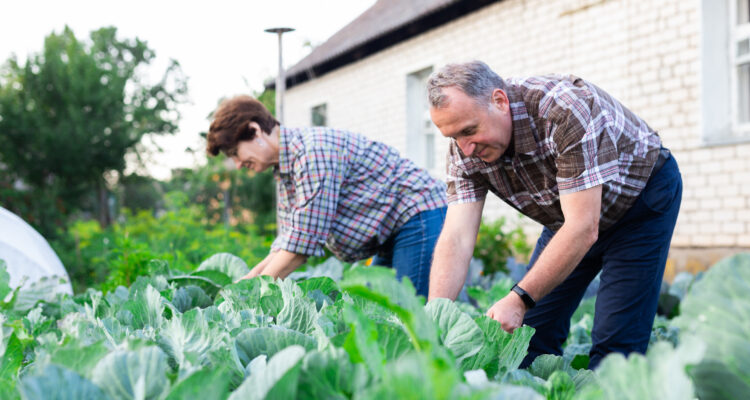As the cold sets in, keeping your home warm becomes a priority. However, with rising energy costs, it’s essential to find ways to stay cosy without breaking the bank.
At Vavista, we care about your well-being and your wallet. There are things you can do to help you save energy and reduce your heating bills this winter.
Here’s 10 tips to Keep Your Home Warm and Save Energy this Winter.
-
Insulate Your Home
Proper insulation is key to maintaining a warm home. According to GreenMatch, a UK household can lose up to one-third of its total heat due to poor insulation. By insulating your walls, floor, and loft, you can save between £630 and £730 annually on energy bills and reduce your annual CO2 emissions by 1.4 to 1.7 tonnes. [1]
There are simple ways you can do this yourself:
- Check your loft to see if it has insulation between the ceiling joists and across the beams. The government has issued a helpful factsheet to help you measure the depth of the insulation and the benefits of having the correct type installed.
- Tap your walls; hollow sounds may indicate there’s no insulation and you could add some. If you find cold, damp or mould spots on your walls, it might need external or internal insulation.
- Learn how to read your home’s energy performance certificate (EPC) with this guide. It should let you know how efficient your home is, and if there are any improvements you can make.
If you aren’t sure, you can hire a professional to perform an EPC or home energy audit. There are also government schemes like ECO4 or the Great British Insulation Scheme to get help improving insulation.
-
Find and Seal Drafts
Drafts can let cold air in and warm air out. Use weather stripping around doors and windows and consider draft excluders for the bottom of doors. Even small gaps can make a big difference in your home’s temperature.
These flexible rubber draft excluders from EcoSavers help reduce your carbon footprint and decrease your energy bills.
-
Use a Programmable Thermostat
A programmable thermostat allows you to set your heating to match your schedule. Lower the temperature when you’re not at home or while you’re sleeping and set it to warm up just before you return or wake up.
-
Maintain Your Heating System
Regular maintenance of your heating system is important for optimum performance. Get a professional to check your system annually. An efficient system uses less energy to heat your home. According to the Energy Saving Trust, servicing your boiler annually can save you up to 10% on your heating bills. [2]
Make sure you check anyone you hire is on The Gas Safe Register before letting them work on your boiler. Not all engineers are legally allowed to do all types of gas work – so remember to check their ID card before any work is carried out.

-
Utilise Natural Heat
Take advantage of sunny days by opening curtains and blinds to let in natural heat. Close them at night to keep the warmth inside. This seems simple, but this easy step can help reduce your reliance on artificial heating.

-
Wear Warmer Clothing
Layering up with warm clothing and using extra blankets on the sofa and beds can help you stay comfortable without needing to turn up the heating. Think cardigans and thick socks. Encourage your family to dress warmly indoors to keep everyone cosy.
-
Use Electric Heaters Wisely
If you need extra warmth in specific areas, you can use electric heaters. However, be mindful of their energy consumption and safety. Only use them when necessary and turn them off when you leave the room.
This article rounds up some of the best energy-efficient electric heaters on the market.
-
Cook at Home
Cooking at home not only provides delicious meals but can add warmth to your home. The heat from your oven and stove can help raise the temperature in your kitchen and surrounding areas.

-
Close Unused Rooms
If you have rooms that you don’t use often, close the door to those areas. This helps direct the heat to the rooms you use most, making your heating system more efficient.
-
Consider Energy-Efficient Upgrades
Investing in energy-efficient windows, doors, and appliances can have long-term benefits. These upgrades may have an upfront cost but can lead to significant savings on your energy bills over time.
By following these tips, you can keep your home warm and cosy throughout the winter while reducing your energy consumption. At Vavista, we’re committed to helping you live a healthier, more sustainable life. Stay warm and save energy this winter!
If you enjoyed this blog, check out our article on 6 sustainability tips for the bathroom!
Get a car insurance quote today!



